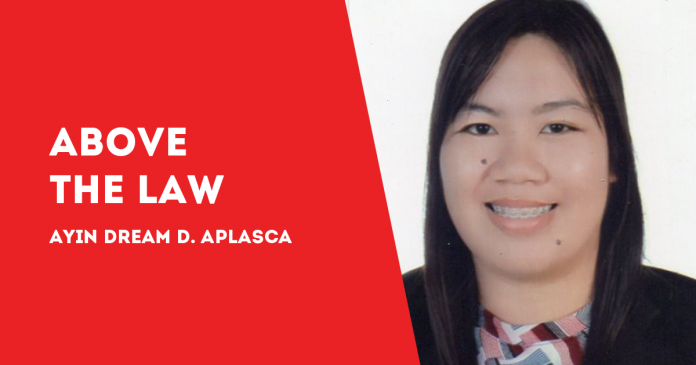
ON FEBRUARY 5, 2021 President Rodrigo Duterte granted amnesty, under Proclamation No. 1090, to members of rebel groups Moro Islamic Liberation Front (MILF), Moro National Liberation Front (MNLF), Rebolusyonaryong Partido ng Manggagawa – Pilipinas / Revolutionary Proletarian Army / Alex Boncayao Brigade Tabara Paduano Group (RPMP-RPA-ABB) and former rebels of the communist terrorist group (CTG).
These rebel groups committed crimes to pursue their political beliefs.
However, Sen. Panfilo Lacson questioned the proposed amnesty granted to former members of the “communist terrorist groups.” According to him, there’s a proviso that they’re no longer eligible if the terrorist organization is proscribed.
Before dwelling in the issue, here’s what you need to know about amnesty.
Under Section 19, Article VII of the Constitution, the President has the power to “grant amnesty with the concurrence of a majority of all the Members of Congress.” The President signs and issues a proclamation announcing amnesty. It is a public act by the President and should have the concurrence of the Congress.
Amnesty looks backward and abolishes and puts into oblivion the offense itself as if no crime has been committed. Amnesty may be granted to classes of persons or communities who may be guilty of political offenses, generally before or after the institution of the criminal prosecution and sometimes after conviction.
The applicant for amnesty should have expressed his or her admission of participation and guilt. There should also a recantation of all previous statements that is not in consistent with the admission.
The amnesty will not be granted to those who have been proscribed or changed under the Human Security Act of 2007 or Republic Act (RA) 9372 or the Anti-Terrorism Act of 2020 or RA 11479.
Amnesty is granted to those who committed crimes punishable under the Revised Penal Code and Special Penal Laws. This includes but not limited to rebellion or insurrection; conspiracy and proposal to commit rebellion or insurrection; disloyalty of public officers or employees; inciting rebellion or insurrection; sedition; conspiracy to commit sedition; inciting to sedition; and illegal assembly.
Under Proclamation No. 75 signed in November 2010, this shall “not cover rape, acts of torture, crimes against chastity and other crimes committed for personal ends.” It shall not cover crimes committed for personal ends, violation of Comprehensive Dangerous Act of 2002 or RA 9165, and grave violations of the Geneva Convention of 1949.
Genocide, crimes against humanity, war crimes, torture, enforced disappearances, and other gross violations of human rights are also not included as identified by the United Nations.
The presidential proclamation may specify how an amnesty to an individual may be revoked. But there are no similar cases in which a president has tried to revoke the amnesty of an individual.
This is beneficial to the government as well as to the communist terrorist group for peace, unity, and reconciliation among Filipinos./PN

